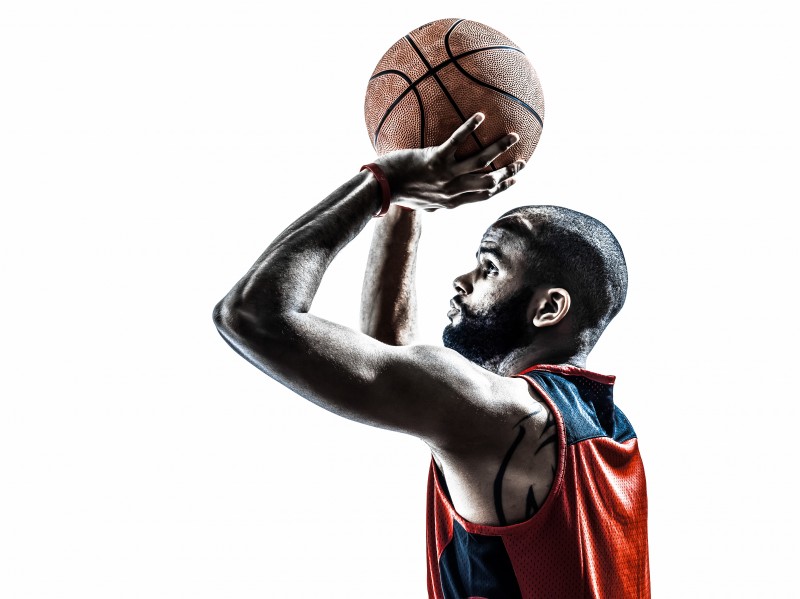
In Hagakure (The Way of the Samurai), the author talks about the stories of the samurai, their history, important people, and many other stories. The book gives advice on how to deal with and lead people that still holds as true today as it did several centuries ago.
One part of the book talks about how to address things with people. The author says something to the effect of, “It’s far better to tell someone a story about yourself and what you did or a change you made as a result of a certain situation rather than to address them directly about it. It is the person’s natural response to push back if you push them. If you lead them to a conclusion and they get it, then the problem is solved. If they do not get to the conclusion, it is of no consequence, as they did not start to revolt against you because of your suggestion.”
It also goes on to say that if you are in a situation that has to be directly addressed, do so in private and one on one. Any time that you are more than one on one, the person will feel attacked regardless of what was said.
These two points are ones on which I based a lot of my coaching/mentoring career. I would see issues that arose with a team and address them with different parables. We’d go over a lot of different stories to address different issues. These stories never took more than three to five minutes to tell from start to finish, plus people talking about them. We would take common parables, historical figures, and anything else that came to mind to illustrate our points. Even if it didn’t get the person on board at the time, it didn’t push them further away, so we could try from another position.
The ancient Greeks were also famous for this technique, as they used parables known as fables to teach right from wrong. Most of us heard Aesop’s Fables when we were little. In both cases, the parables were short and had a specific underlying meaning, which is great because college athletes typically have a short attention span.
This month, we are going to talk about two different topics that are both about thought stoppage. The first, thought stoppage, is talking about what this is and how to do it. The second, take out the trash, is another way to talk and think about thought stoppage.
Why do have two different ways to describe the same thing? A few reasons. The first is that an athlete will get bored and tune out if he or she hears you say the same thing time and time again. Another is that the athlete may not like the manner in which one way was delivered but is receptive to the other. The last reason is a combination. You need to get the athletes’ attention. Even if talking about it in a different way, it is still new so they aren’t as likely to be bored and it is novel so they may be more receptive to it.
Another way to talk about thought stoppage that I also really like is talking about parking it, which you could find here in the March 2013 article. Hopefully, you will find these comments as useful as I have. 
Image credit: ostill © 123rf.com
Thought Stoppage
What is thought stoppage?
This is stopping any negative thoughts that you have and replacing them with positive ones. Negative thoughts shatter self-confidence, while positive thoughts help to build self-confidence. We always want to try and build self-confidence and keep it at the highest possible level.
How does thought stoppage help?
You always have control over your own thoughts. You control what they are, how they are brought across, and whether or not to stop and replace them. By stopping the negative thoughts and replacing them with positive thoughts, self-confidence is not compromised and can, in fact, be built up. Simply recognizing when a negative thought is going on empowers you to stop it.
How do you use thought stoppage?
This method is a way to stop a self-fulfilling prophecy from fulfilling or occurring. You stop the downward spiral before it begins. Take a moment and try to think of two thoughts at the same time. Go on…I’m waiting…. Now, you may have noticed that you can’t think of two thoughts at the same time. You can, however, think of two thoughts and jump back and forth between the two of them, but the two can’t be held simultaneously. By using this concept, you can choose what to focus on and enhance your performance.
For example, if someone is at the free throw line, down by one, with no time left, this athlete has the following thought going through his or her mind: God, I hope I don’t miss this. This is an example of self-doubt. If an athlete doesn’t believe that he or she can do something—then they can’t. If the athlete hopes not to do something, more than likely that’s exactly what will be done. This is a self-fulfilling prophecy.
The next time you have a negative thought, stop it and replace it with something positive. For instance, “I’d better not try that, I’m not any good at that” can be replaced with, “I’m an outstanding athlete, and I can accomplish anything.”
It’s human nature to let negative thoughts rise and wreck your ability. It’s easy to just let things happen. In contrast, a championship nature stops these thoughts and does not let the downward spiral happen.
Take Out the Trash
What is the trash?
Anything that is going on in your mind that you don’t need when competing in a sport. Trash is thinking about what may happen, what already happened, how the season is going, who the next opponent is, what someone might say, etc. The trash is anything in your mind that is cloudy and keeps you from being right here, right now, in this moment. In sports, players must have a clear mind and react to anything the game or competition may present. If one’s mind is clouded, it is not reacting because it is having to think through the clouds and trash.
How do you take out the trash?
When one’s mind is full of things that aren’t needed, one must simply take out the trash. Use your abilities built through thought stoppage to stop the trash and allow it to be taken out of your mind, and then make sure to not let any more trash build up.
You have the choice to let trash build up, or take it out and allow yourself to be in the moment in competition. The samurai once said that a clear mind is the mirror to the opponent if they didn’t have anything (trash) clouding their mind. They would then be in the moment and have a counter for every attack by their opponent. Go take out the trash and perform like a champion today.










